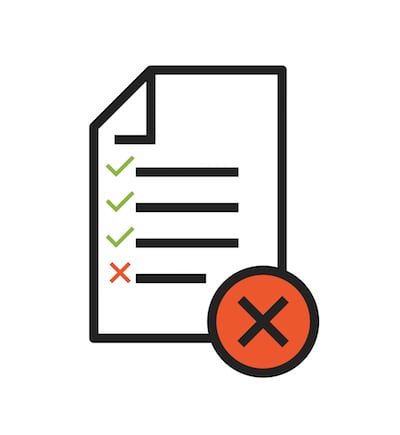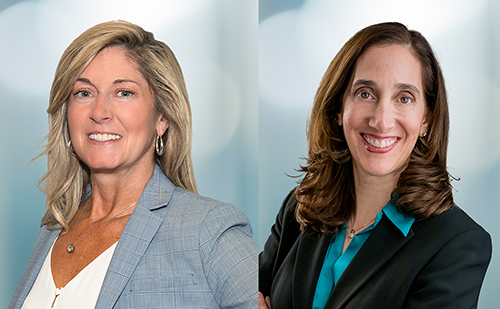Law school deans recently hit with noncompliance notice say they can show standards are met

Image from Shutterstock.com.
Two law schools—the Western New England University School of Law and the University of the District of Columbia David A. Clarke School of Law—recently received public notice of being out of compliance with ABA accreditation standards.
The council of the ABA’s Section of Legal Education and Admissions to the Bar found that Western New England is not in compliance with Standard 202(a), which requires that law schools have current and anticipated financial resources to carry out a legal education program in compliance with ABA standards, and Standard 202(d), which states that a law school is out of compliance if its anticipated financial condition is “reasonably expected” to have a negative impact on meeting the standards.
Sudha N. Setty, the law school’s dean, told the ABA Journal that the entering class for fall 2019 has 110 students, compared to 88 in 2018, and its fiscal year 2020 budget is slightly larger than it was for fiscal year 2019.
“My understanding from some conversations is that they were unsure if our information was based on solid data. I think the council was not entirely sure we were going to meet those goals, even though it’s based on actual deposit numbers in spring and early summer,” says Setty, who received word of the public notice by email Sept. 3.
Previously, the law school was also asked about funds that the university was giving the law school, Setty says.
“The university is committed to making the law school work; we just need to make sure that the council fully understand the depth of the support,” she says.
The notice states that the law school has been asked to submit a report by Oct. 8, which Setty plans to do, and the council will consider it during its November meeting. If the report does not convince the council that the law school is in compliance with Standard 202, a hearing will happen in May 2020.
Regarding the law school at the University of the District of Columbia, a historically black college, the council found that the school is not in compliance with Standard 501(b), which requires that schools only admit applicants who appear capable of completing the program and being admitted to a bar. According to the notice, the council also found that the law school is not in compliance with 501-1, which lists factors to consider when determining compliance with the standard, including academic attrition and bar passage rates.
“Diversification of the legal profession will always be core to UDC Law’s mission. It is therefore not enough for our students to earn a degree, bar passage, too, is essential to access. As one of just six HBCU law schools and the only public law school in the nation’s capital, UDC Law is keenly aware of its responsibility in this regard,” Renée McDonald Hutchins, the law school’s dean, wrote in an email to the ABA Journal. According to her, the law school has already taken various steps toward improvement, but the action is recent and not yet measurable.
“We receive the council’s finding that the law school has not yet demonstrated compliance as an important reminder of our ongoing pledge to our students—that they will not only receive a top-flight education at UDC Law but also will be positioned to enter practice. We are confident we will soon be better able to demonstrate to the council the impact of our recent improvements, and the school will successfully turn the page on this challenging chapter,” she wrote.
Out of 247 law students, 63.2% identified as minorities, according to the law school’s Standard 509 Information Report for 2018. Its median LSAT score for full-time students was 147, and the median GPA was 2.92. Thirteen students left the law school through academic attrition, which describes when a law school asks someone to leave because of his or her academic performance. Out of that group, 12 identified as minorities, according to the 509 report. Three students, two of whom identified as minorities, left through nonacademic attrition. The law school’s ultimate bar passage rate for the class of 2016 was 71.43%, according to ABA data.
The law school was asked to submit a report by Jan. 15, 2020, which will be considered when the council meets in February 2020, according to the notice. Unless the report shows that the law school is in compliance with Standard 501, the council will hear the matter in May 2020.



